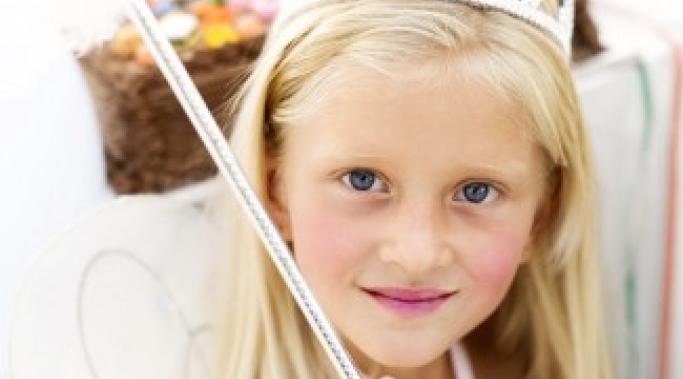Blogs
I hear an anxious voice in my head. The voice I hear is not related to psychosis, but speaks to me loudly and clearly nevertheless. The anxious voice in my head belongs to anxiety, and its running commentary on what I'm doing wrong never seems to shut up.
If you or a loved one have been diagnosed with bipolar disorder, you are more than familiar with the complications that arise on a regular basis. The extreme shifts in mood, ranging from mania to depression, can be exhausting and, if not properly managed, can pave a path of destruction in the individual’s life. In general, the goal of bipolar disorder treatment is to stabilize mood swings and prevent the highs and lows associated with bipolar disorder that put the patient, and those around him/her, at risk. But what happens when things go awry?
Many years ago, when a friend was a bit down or depressed, I thought, “Suck it up princess,” or “Have a cup of concrete” were appropriate responses from one man to another. After living with depression for the last 14 years, I realize what a jackass I was.
My name is Gabe Howard and I have bipolar and anxiety disorders. As a public speaker and writer using my lived experience with mental illness, I say that sentence often. Some version of that is on my business card and website and it is how I start most of my speeches. But, is that my identity? Is a set of diagnoses really who I am?
As a person who identifies as pansexual, I've met my fair share of ignorance and discrimination when it comes to my sexuality. I have rarely seen positive depictions of bisexual people; instead, we are seen as chronic cheaters who have sex with anyone. This is extremely problematic because it directly affects the bisexual/pansexual community. Even within the lesbian, gay, bisexual, transgender, questioning (LGBTQ) community, bisexuals often meet resistance and ridicule. We don't fit in with the straight world, yet we find isolation within the LGBTQ community, too. Where do we truly belong?
A person’s self-worth or self-value, is the key to a healthy self-esteem. People with low self-esteem don’t value themselves highly enough. They may believe they don’t deserve the best or that others are more important. Their low self-worth prevents them from speaking up or doing the things they want to do. Their own needs are neglected and it impacts on their quality of life.
People with bipolar display emotion perhaps more than most. For example, there are few places in this small city in which I haven’t cried. And some of those displays of emotion are entirely linked to bipolar disorder. If I wasn’t bipolar, I wouldn’t have had them. However, some displays of emotion are not tied to bipolar at all, and yet, no one seems to understand this.
My diagnosis varies, depending on who you believe. I remember one nurse practitioner told me I was too meditative and introverted and must have narcissistic personality disorder--no one backed up that "diagnosis," but it's in my file. I'd love to be able to get it removed. But as a borderline personality disorder patient, I have no right to see my file without my psychiatrist's permission. The same applies to past practitioners' notes. Which leads to an interesting question--should psychiatric patients have the right to see their file?
Most people who know me today know that I’m a food enthusiast -- I love food in eating disorder recovery. When those people become aware of my past and try to reconcile those two experiences, they tend to be confused. How can someone both be enthusiastic about food and also have suffered an eating disorder? From my perspective, this is actually quite a natural progression. Though I may have some anxiety around food, my eating disorder recovery taught me that confronting that anxiety head-on and embracing food as nourishment is part of recovery.
Feeling as if you are out-of-the-loop with a group of friends or co-workers always brings insecurities to the forefront. The idea of feeling left out does not end in high school or college – it continues through adulthood. Even though many can push feeling left out aside, those with a mental illness often have more difficulty when it comes to doing just that. It all comes down to one word and emotion: insecurity. And insecurity can lead to self-harm.










I believe she will only be able to rid herself of her demons, and hopefully her BPD as well, when she's ready to confront the abuse of her father. If she can put the blame where it belongs, she may stop projecting that victim/perpetrator cycle on the present men in her life. These demons are a metaphor for the purgatory she has created for herself. That reality has consequences in the real world, but it need not be real in the tangible sense. Exorcising her demons will require the expenditure of real physical energy and probably the destruction of aspects of her personality. If this ever happens, and it's possible but not probable, then these demons will evaporate. They are only as real as one's personality is real. In short, reality is not the question, it's what you make of the things you feel to be real.